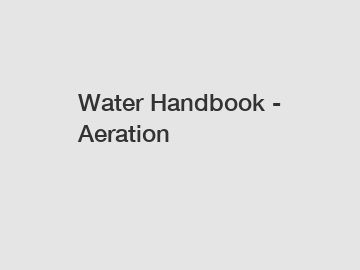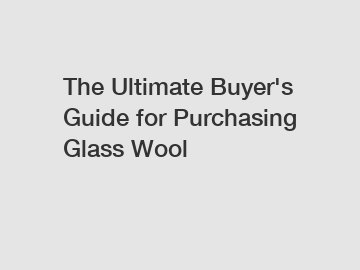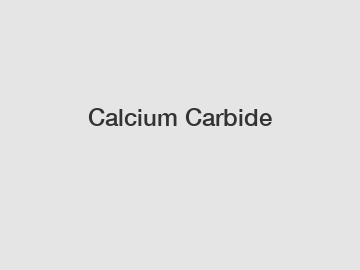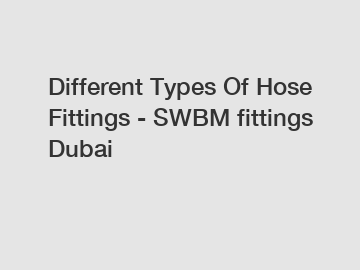7 Types of Metal Crushers and How to Choose the Best
https://www.scrapcrusher.com/product/
When it comes to processing metals, metal crushers play a crucial role in the recycling industry. They break down large pieces of scrap metal into manageable sizes, facilitating easier transport and refining. With several types of metal crushers available, it is essential to understand their unique features and applications to choose the best one for your specific needs. In this article, we will delve into the seven main types of metal crushers and provide guidance on selecting the most suitable option.
1. Jaw Crushers
Jaw crushers are widely used for primary crushing of various hard materials, including metal scrap. These machines feature two jaws, one fixed and the other moving, that compress the material against a fixed surface. The primary advantages of jaw crushers are their high reduction ratio and robust design, making them ideal for handling large, tough metal pieces.
Key Features:
High crushing efficiency due to the powerful compressive force.
Versatile applications across various industries, including mining and recycling.
Simple structure and easy maintenance.
Ideal For:
Crushing large metal pieces into smaller, more manageable sizes.
Applications requiring high durability and reliability.
2. Gyratory Crushers
Gyratory crushers are similar to jaw crushers but feature a concave surface and a conical head, both of which are typically lined with manganese steel. The inner cone gyrates within the outer shell, crushing the material in the process.
Key Features:
Continuous operation and high throughput capacity.
Efficient crushing action due to the gyratory movement.
Ability to handle hard and abrasive materials.
Ideal For:
Large-scale metal crushing operations.
Situations requiring continuous processing and high capacity.
3. Cone Crushers
Cone crushers are designed for secondary and tertiary crushing applications. These machines have a conical head and a concave surface, and the material is crushed between the two surfaces.
Key Features:
High crushing ratio and excellent shape of final products.
Adjustable discharge settings for varying output sizes.
Low operating costs due to efficient crushing action.
Ideal For:
Secondary and tertiary crushing of medium-hard to hard materials.
Applications requiring precise size reduction.
4. Hammer Crushers
Hammer crushers use high-speed rotating hammers to crush materials. These crushers are suitable for medium-hard to soft materials and can handle a variety of metal types.
Key Features:
High reduction ratio and uniform product size.
Simple design and easy maintenance.
Versatile applications, including metal recycling and construction.
Ideal For:
Medium to soft metal materials.
Applications requiring high-speed processing and fine output.
5. Impact Crushers
Impact crushers use impact force to break down materials. These machines are suitable for medium-hard to hard materials and can handle a variety of metal types.
Key Features:
High reduction ratio and excellent shape of final products.
Additional resources:What Are the Benefits of FRP Water Storage Tanks?
Original Sulzer pump spare parts
How to Save Money When Buying glass reinforced plastic tanks
How Ultra High-Purity Silica Sol Transforms Industries?
Unlocking Benefits of Ultra High-Purity Silica Sol
Key Considerations to Make When Purchasing a Chinese Woodworking Edge Bander
Key Questions to Ask When Choosing a Coffee Brewing Machine
Adjustable discharge settings for varying output sizes.
Low operating costs due to efficient crushing action.
Ideal For:
Secondary and tertiary crushing of medium-hard to hard materials.
Applications requiring precise size reduction.
6. Roller Crushers
Roller crushers consist of two cylindrical rollers that rotate in opposite directions, crushing the material between them. These machines are suitable for medium-hard to soft materials.
Key Features:
Uniform product size and high reduction ratio.
Low operating costs and simple maintenance.
Ability to handle a variety of metal types.
Ideal For:
Medium to soft metal materials.
Applications requiring precise size reduction and uniform output.
7. Vertical Shaft Impact Crushers (VSI)
Vertical Shaft Impact Crushers (VSI) use a high-speed rotor to project material against a hard surface, breaking it down through impact. These crushers are suitable for medium-hard to hard materials.
Key Features:
High reduction ratio and excellent shape of final products.
Adjustable discharge settings for varying output sizes.
Low operating costs due to efficient crushing action.
Ideal For:
Secondary and tertiary crushing of medium-hard to hard materials.
Applications requiring precise size reduction and uniform output.
How to Choose the Best Metal Crusher
Selecting the right metal crusher involves considering several factors to ensure it meets your specific needs. Here are some key considerations:
Material Type:
The type of metal you need to crush will significantly influence your choice. Hard metals require more robust crushers like gyratory and jaw crushers, while softer metals can be handled by hammer or roller crushers.
Crushing Stage:
Determine whether you need a primary, secondary, or tertiary crusher. Jaw and gyratory crushers are typically used for primary crushing, while cone, impact, and VSI crushers are used for secondary and tertiary stages.
Capacity Requirements:
Consider the required capacity and throughput. High-capacity operations benefit from gyratory or jaw crushers, while smaller operations might be better served by roller or hammer crushers.
Output Size:
Define the desired output size. Crushers with adjustable discharge settings, like cone and impact crushers, provide more flexibility in achieving specific sizes.
Operating Costs:
Evaluate the long-term operating costs, including maintenance and energy consumption. Efficient crushers like cone and VSI types often have lower operating costs.
Maintenance and Durability:
Consider the ease of maintenance and the durability of the crusher. Robust designs and simple structures, such as those found in jaw and hammer crushers, often result in lower maintenance requirements.
Application Specifics:
Think about any specific application requirements, such as the need for continuous operation or the ability to handle abrasive materials.
By carefully considering these factors, you can select the best metal crusher that meets your operational needs, ensuring efficient and effective processing of metal materials.
The Advantages of Implementing Lamella Inclined Plate Settlers
The Advantages of Implementing Lamella Inclined Plate Settlers
Colloidal Silica
Agriculture Machinery Rear End OEM 2418F701 2418F704 ...
The Ultimate Guide to Choosing the Right Block Molding Machine.
Hydrophilic Fumed Silica
Which gas valve manufacturer in China?
None
Related Articles









Comments